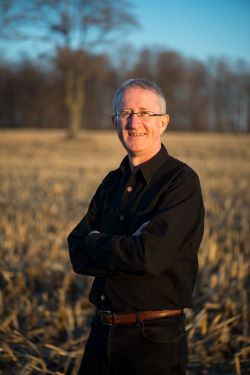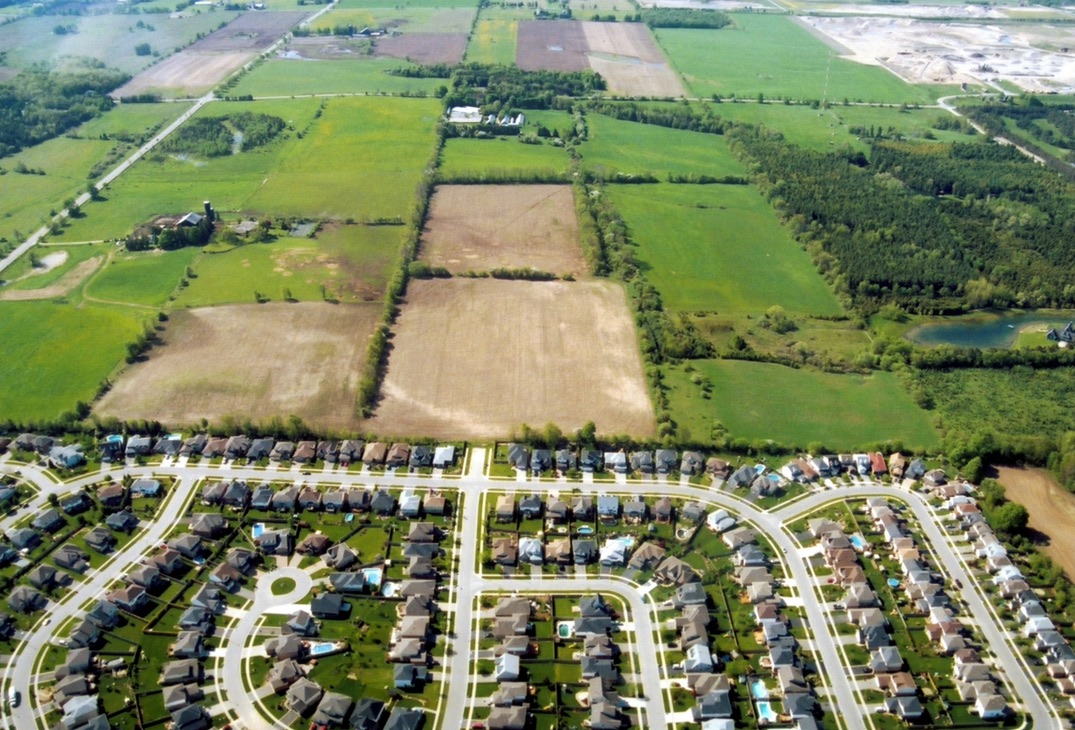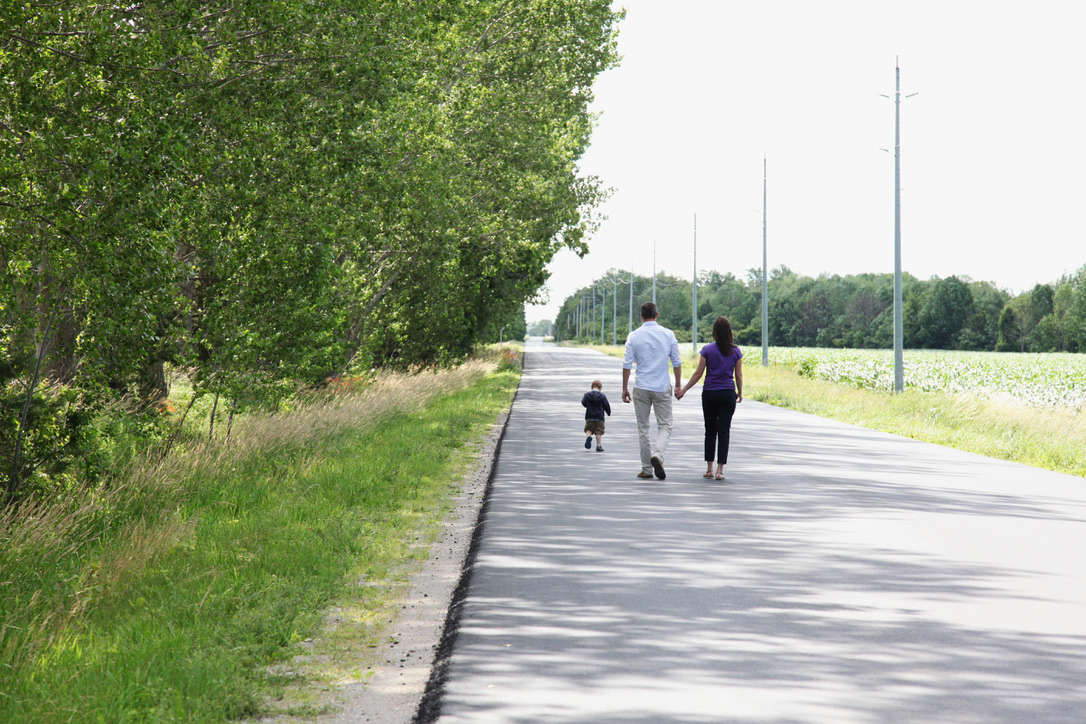Despite retiring from his academic position, University of Guelph professor Dr. Wayne Caldwell continues his decades-long work to support rural Ontario and the people who depend on it.

Dr. Wayne Caldwell
“My research is about the betterment of rural communities and exploring what we do from a community and economic development perspective that contributes to an enhanced quality of life in rural communities,” says Caldwell. Since 1999, Caldwell, a planning professional, has harnessed Ontario Agri-Food Innovation Alliance funding for 30 projects that develop and deliver innovative, prosperous and healthy solutions for the agri-food sector. He has used Alliance support to conduct primary research, build effective industry collaborations and shape policies and programs that are making real, long-term improvements in rural Ontario.
A pioneer in farmland preservation
Caldwell was born and raised on a farm and was the first in his family to pursue a career in research. With interests in sociology, geography and agriculture, he knew he wanted a career that would be socially responsible and would provide community benefits.
He found his place as a professor in rural planning and development in U of G’s School of Environmental Design and Rural Development [1]. True to his vision, he has championed farmland preservation for more than 25 years. The establishment of the Ontario Farmland Trust [2], based on his 2003 project funded by the Alliance, continues to raise the profile and importance of land protection issues in Ontario.

A sustainable local agri-food sector relies on a stable land base. When productive farmland is lost to development, it is gone for good. That’s why Caldwell’s work in land conservation has been critical to the agricultural sector.
“I find today that research completed 10 and 20 years ago is still relevant to current policy debates,” he says. “We seek evidence-based policy decisions, and research completed on diverse topics remains relevant through time. This is especially important in today’s evolving economy.”
Another critical part of Caldwell’s work has been the creation of a land use survey for Ontario to measure land lost to development without documentation of land use changes over time. His research led to new resource materials for municipalities and the farm sector to understand the rationale for protecting farmland. Caldwell’s work continues to impact land use policy with research evidence available to the Ontario Ministry of Agriculture, Food and Rural Affairs (OMAFRA) to help understand the effects of severance activity on agricultural land.
“Alliance funding keeps my research practical and local,” says Caldwell. “It helps emphasize the importance of community with deliverables that are valuable to the community, to Ontario, to OMAFRA or to society in general.”

Photo credit: Grey County
To add another layer to the value of his land use research, Caldwell developed the Healthy Rural Communities Toolkit [3], together with Public Health Ontario. The project provides practical, proven models for communities on healthy land use planning policies and effective community designs that are a feasible way to drive innovation in rural communities.
Championing collaboration and knowledge translation
Caldwell has been deliberate in ensuring his research results don’t only live in peer-to-peer academic journals but are shared with the communities that will benefit from them.
“My job is to do that research; to put it out there, and let people decide what to do with it,” says Caldwell. “Rural prosperity doesn’t happen by accident. It comes from education, trends, and professional farmers who are well-informed via research to advocate for themselves.”
Throughout his career, Caldwell has developed a wealth of resources about land use planning, rural community health and stewardship for rural municipalities that target rural-dwellers, government agencies, farmers and councillors. Many of these can be found on his website waynecaldwell.ca [4].
The future of rural research

Photo credit: County of Huron
Caldwell’s research tends to be forward-thinking—so it is not surprising that when asked about the issues poised to impact rural communities in the future, he has clear ideas: environmental protection, reconciliation with Indigenous communities, and the changing demographics (and needs) of the rural communities themselves.
“The first is the importance of agricultural land in this part of the world in the face of climate change,” he says. “We have an obligation to research and to protect this to the best of our ability.”
The importance of preserving nature is clearly something he takes to heart, having recently planted 1,500 trees on his property to create something his grandchildren will enjoy in the future.
Caldwell’s Ontario-specific research, collaborative nature and the way he engages rural people in conversation to advance innovation complement the cumulative impacts of his work--the results of which continue to make dramatic and long-lasting changes to ensure greater resiliency and long-term viability for Ontario’s rural communities in the future.
This article is part of a series featuring the people of the Ontario Agri-Food Innovation Alliance. The Ontario Agri-Food Innovation Alliance is a collaboration between the Government of Ontario and the University of Guelph.
